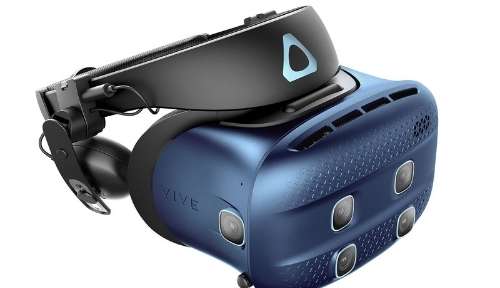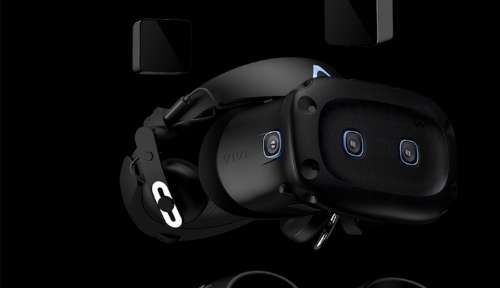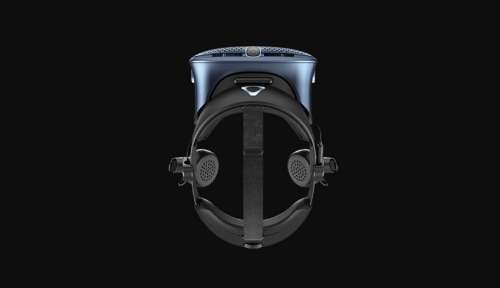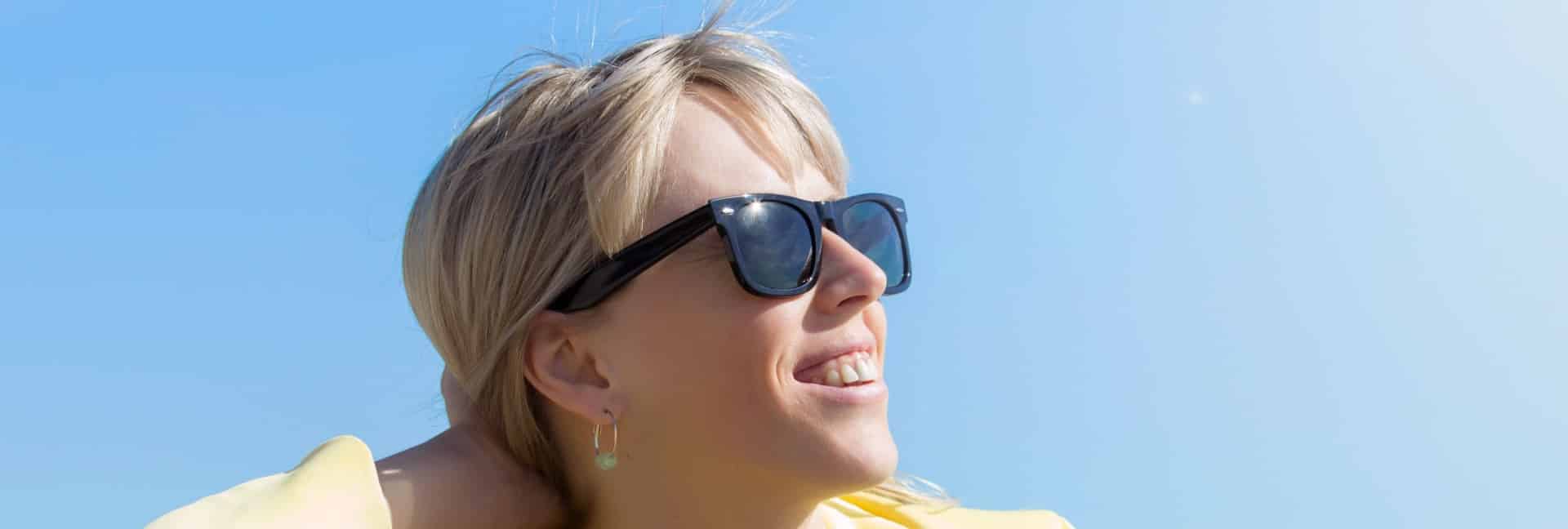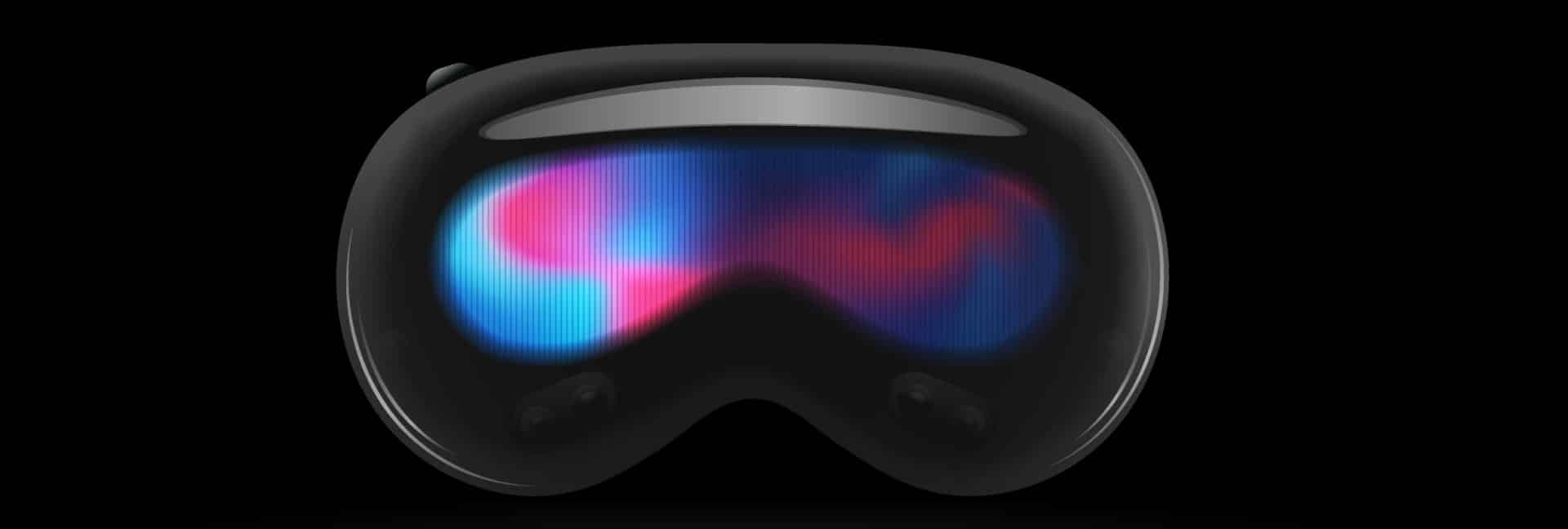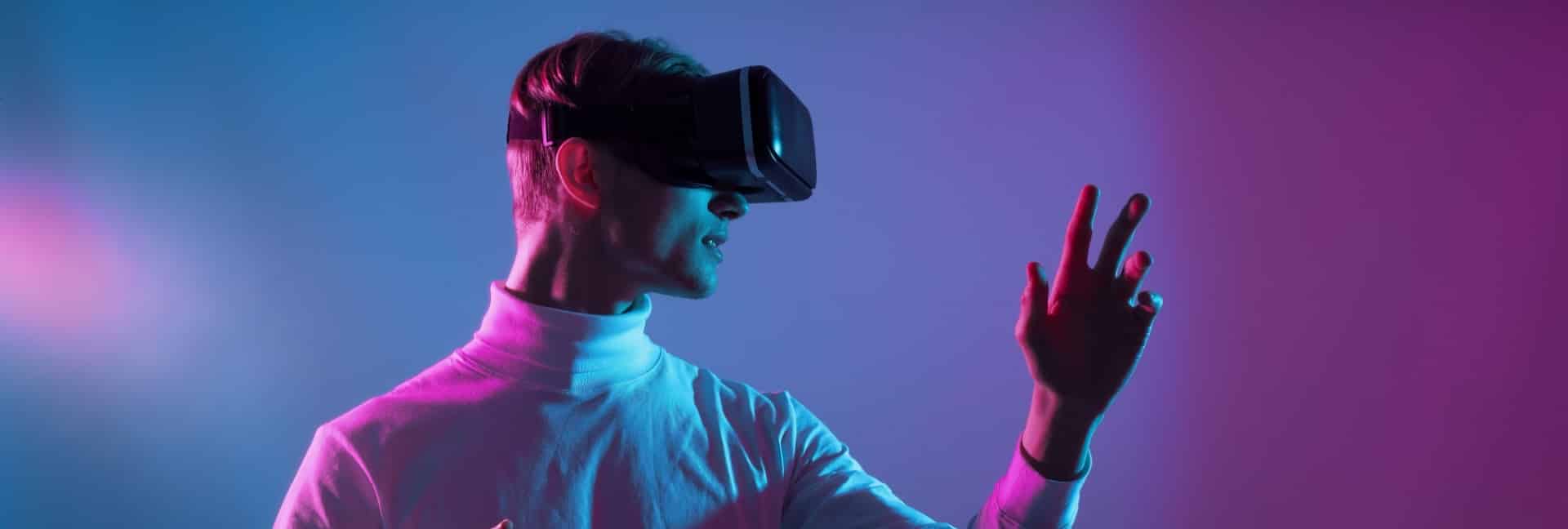 The BBC is heavily pushing virtual reality and voice control technology in order to keep its advantage against a legion of online competitors, reveals its director-general, Tony Hall.
The BBC is heavily pushing virtual reality and voice control technology in order to keep its advantage against a legion of online competitors, reveals its director-general, Tony Hall.
Auntie Beeb, as the publically funder TV network is sometimes known, is making a somewhat bold move to put its resources and stock into providing a more personalised service, adapting to what viewers want, competing directly with Netflix and Amazon Prime in that regard. And yes, that does include VR.
This is interesting for several reasons. The first is that the British Broadcasting Corporation, being funded through an annual licence fee payable by anyone who uses a television, has an interesting history with advancing technology, despite a reputation for being traditionalist, to the point of being nicknamed “Auntie Beeb” by both detractors and proponents.
Auntie Beeb Goes Progressive
In some respects this conflict between traditionalism and staying safe and pushing for future technology isn’t new for the BBC. BBC’s innovations led to the advent of teletext, FM Radio, digital radio, integrating microcomputers into TV programming and the early innovations that led to iPlayer, the BBC’s streaming video service. With those innovations it does make sense that VR would be the next frontier for the Beeb.
How it will turn out will be interesting to see as well. BBC have created a VR app for their BBC Taster programme, which allows people to test the BBC’s new and experimental ideas, and are planning to launch a bonafide VR studio at some point this year. Currently the Beeb’s VR efforts are small experiences, much like a lot of the work surrounding VR. However, the BBC’s ambitions are huge, with plans to customise the individual’s experience, using a mix of Virtual Reality, artificial and voice control.
Even this ambition isn’t necessarily new, with proposals for customised programming built around 360 Video, VR and a viewer’s individual demands being proposed for decades, which shows that we really have stepped into Tomorrow’s World.
Right now, a lot of the work is experimental, with short clips and experiences, as well as proposed programmes such as commuter-friendly shortened versions of programmes and cooking shows that alter depending on the skill of the viewer and what ingredients they have
Is the BBC Changing Out of Necessity?
Future-proofing and personalising the BBC experience isn’t just innovation but a necessity for survival. Justifying the BBC’s license fee payments is an increasingly difficult task for the Beeb, with pressures, both political and commercial squeezing them from both sides. On the commercial side, Amazon Prime and Netflix offer a subscription service that in some ways offers a smaller scale version of what the BBC is proposing, with recommendations based around viewing habits, building a profile of shows you’re likely to watch, and likely affecting the kinds of shows that both providers have commissioned. In terms of that kind of personalisation, the BBC have been outgunned.
Virtual reality on the other hand is an untapped market for the BBC and, if they go down that route in the right way, it could put the BBC on top of an emerging technology

